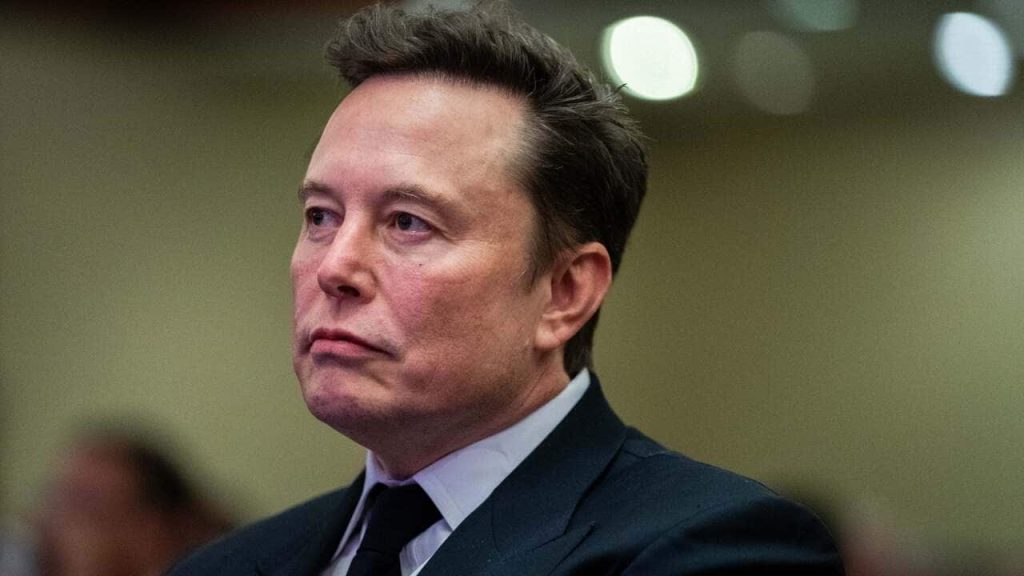The Controversy Surrounding Australia’s Social Media Ban for Children Under 16

Elon Musk’s Critique of the Australian Government’s Social Media Ban
Elon Musk, the renowned entrepreneur and owner of the social media platform X, has recently criticized the Australian government for its plan to implement a social media ban for children under 16. Musk accused the government of attempting to “control access to the internet”, sparking a heated debate on digital rights and online safety.
Key Points:
- Elon Musk condemns the government’s social media ban for children under 16.
- Musk accuses the government of trying to control internet access.
- The federal government introduces legislation for the ban into parliament.
In response to a tweet from Prime Minister Anthony Albanese announcing the new legislation, Musk expressed his concerns about the potential implications of the ban. He questioned the underlying motives behind the move, suggesting that it could be a covert strategy to regulate online freedoms for all Australians.
Communication Minister Michelle Rowland defended the ban as a measure to protect young people from harmful online content, emphasizing that the government’s intention is not to punish or isolate them.
What’s in the Online Safety Bill?
The Online Safety Amendment (Social Media Minimum Age) Bill 2024 aims to establish a minimum age of 16 for individuals to create accounts on age-restricted social media platforms. The bill places the onus on social media companies to implement measures that prevent underage users from accessing their platforms.
Key provisions of the bill include:
- Introduction of age verification processes for all Australian users.
- Requirement for social media platforms to prevent underage account creation.
- Inclusion of major platforms like Facebook, Instagram, TikTok, and Snapchat under the ban.
However, the bill exempts messaging apps like WhatsApp, online gaming platforms, and services focused on user health and education, potentially excluding platforms like YouTube. Anonymous forums such as 4chan and Reddit may also be exempt due to their accessibility without user accounts.
Age Verification Process
Under the proposed legislation, all Australians seeking to access age-restricted social media platforms will undergo an age verification process. While the specifics of this process remain unclear, concerns have been raised about the potential collection of additional personal information by social media companies.
Advocates like Michael Shellenberger warn that mandatory age verification could pave the way for digital IDs and encroach on free speech rights. Despite these concerns, the government maintains that the bill aims to enhance online safety for young users.
Opposition communications spokesman David Coleman has expressed support for the legislation, highlighting the need to address parental anxieties about children’s online exposure.
As the debate over Australia’s social media ban continues, stakeholders from various sectors are closely monitoring the developments and potential implications of the proposed legislation.
Conclusion
The clash between digital rights and online safety has intensified with Elon Musk’s critique of Australia’s social media ban for children under 16. As policymakers navigate the complexities of regulating internet access, the implications of such legislation on privacy, free speech, and user rights remain under scrutiny.
FAQs
1. What is the purpose of Australia’s social media ban for children under 16?
The ban aims to protect young users from harmful online content and regulate underage access to social media platforms.
2. How will age verification be implemented under the new legislation?
All Australian users seeking access to age-restricted social media platforms will undergo an age verification process, although the specific requirements are yet to be clarified.

